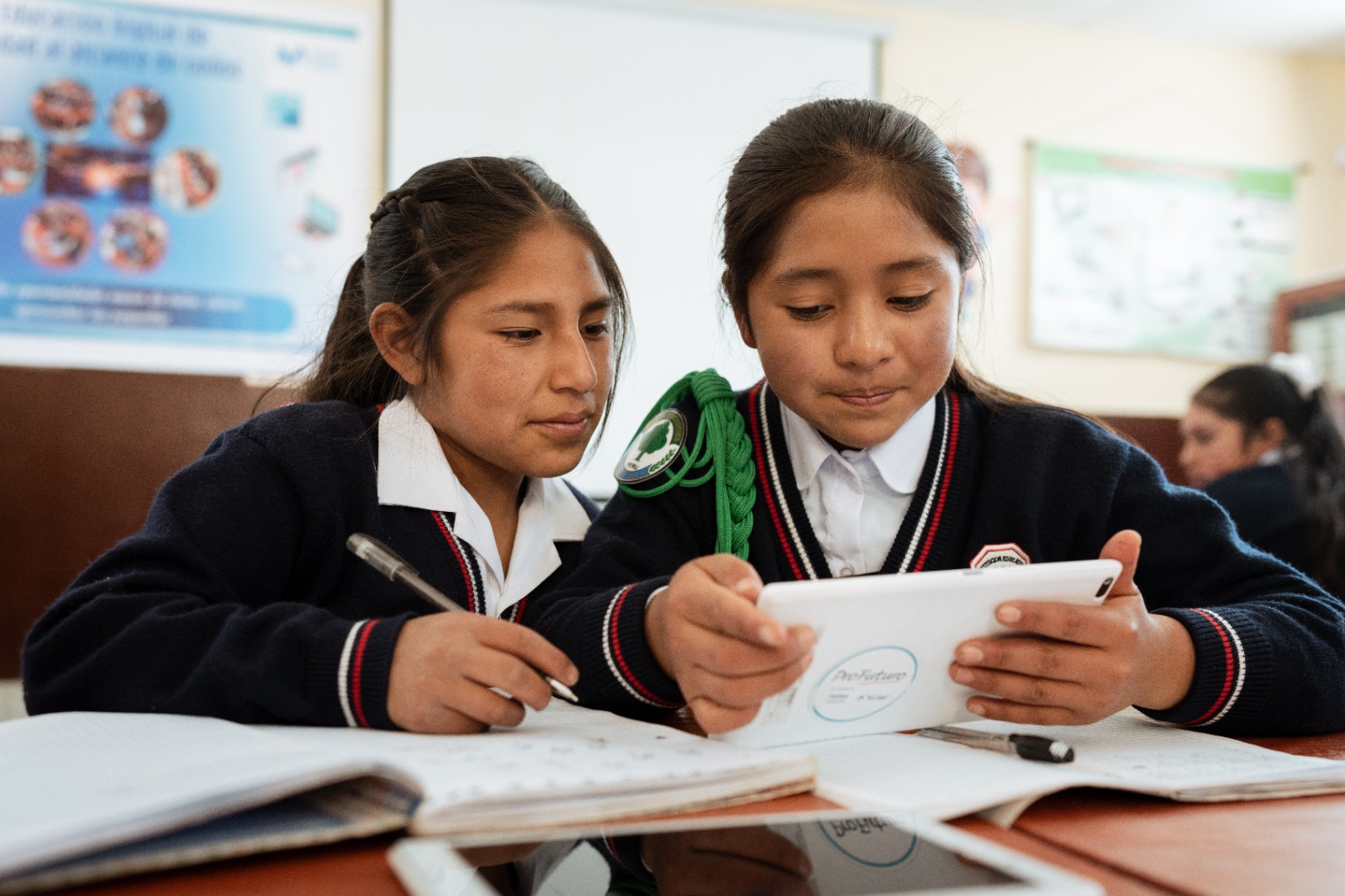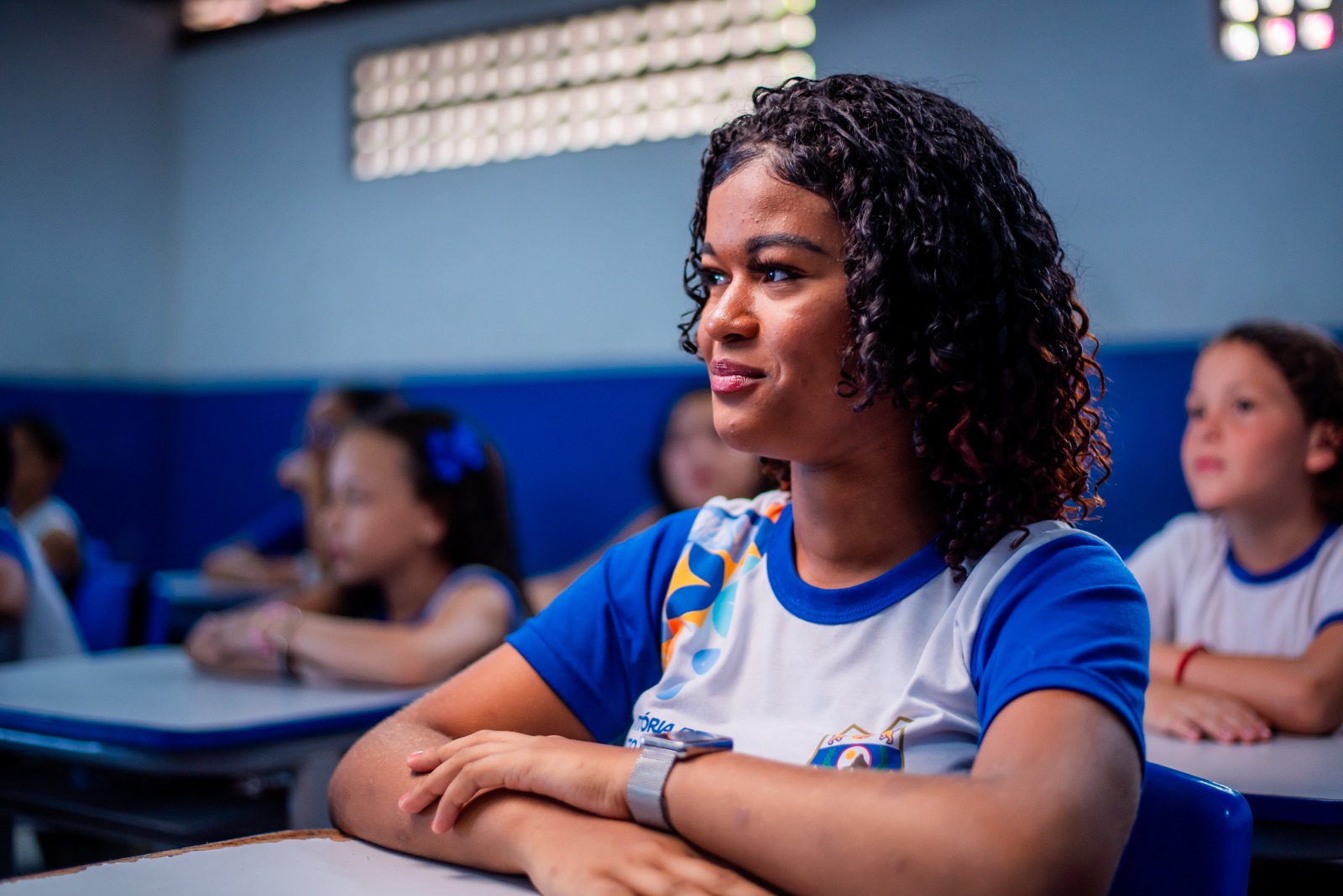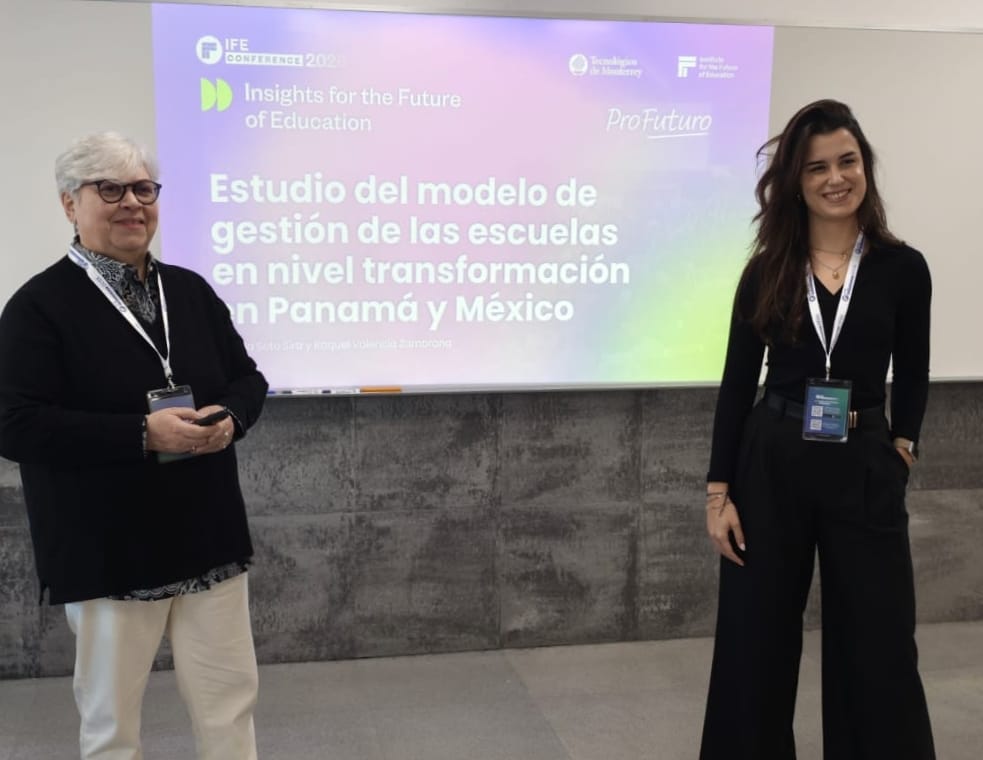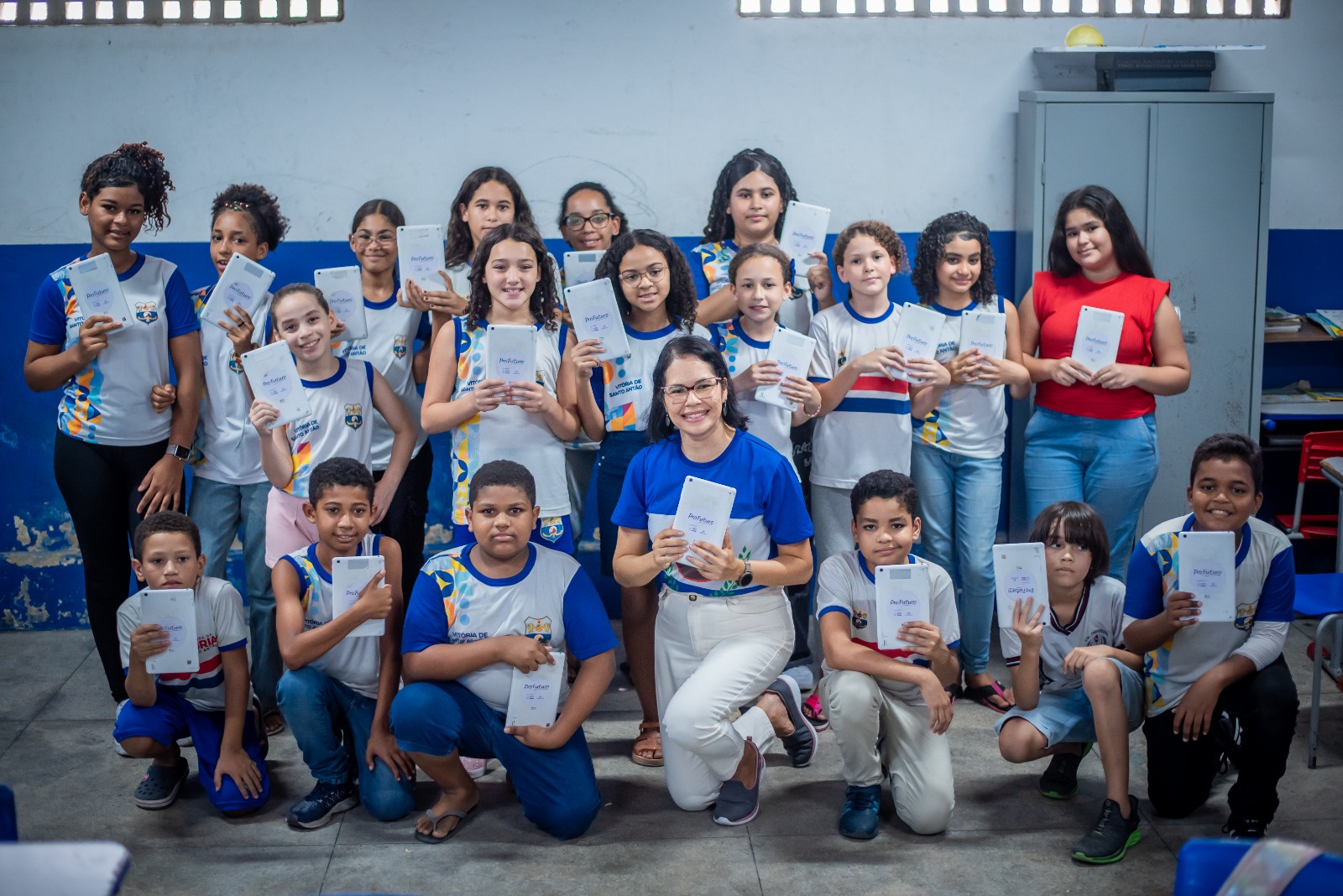With the arrival of August, it is a necessary exercise to take stock of an academic year full of challenges and learning. It is the ideal time to reflect on what we have achieved, the obstacles we have overcome and, above all, the lessons we have learned during these months. From technological and methodological advances that have redefined the classroom to social and structural challenges. We list some of them below:
The importance of training those who teach
Since its inception, one of the pillars of the ProFuturo programme has been to train and support the teachers who take part in it. Last July, several coaches and project managers from Rwanda, Kenya, Uganda, Zimbabwe, Nigeria, Tanzania and Lebanon met for a week in Madrid in a trainers hub. The purpose of their visit was to receive intensive training on specific topics, such as the new ProFuturo platform and the ProFuturo Mathematics tool, in order to subsequently implement the program in the field.
The power of alliances
Progress is only possible thanks to the close cooperation the program maintains with relevant allies, both international entities and local partners, who implement the program according to the characteristics and needs of each territory. The strength of the collaboration is also reflected in ProFuturo’s participation in national and international forums, such as the recent 4th International Conference on Financing for Development (FdD4), held last June in Seville.
Global solutions can emerge from local stories
The 2nd edition of the Mapping of Good Practices, carried out by the Organisation of American States in collaboration with ProFuturo, highlights the positive impact that small projects can have on a large scale, promoting more inclusive, equitable and quality education. On this occasion, 179 experiences from 17 countries were presented, with the participation of Mexico, Colombia, Ecuador, Peru and Argentina standing out.
Happy students, happy results
School well-being is not simply the absence of emotional or physical problems. According to the HundrED report, “emotional well-being” is a holistic concept that involves the physical, emotional and social health of students. This holistic view implies that an ebective educational environment should not only promote the development of academic skills, but also students’ ability to manage their emotions, build positive relationships and cultivate healthy self-esteem.
Not everything is in the books
Critical thinking, conflict resolution, resilience, empathy… These skills are more than necessary in our daily lives. As well as improving employability, as more and more companies are valuing them, they also have a profound ebect on mental health. The Inter-American Development Bank has reviewed and analysed these and other competencies to identify which are really important, which can be seriously measured , which can be taught and what real impact they have on people’s lives.
Technology is not a magic wand, but it is an ally
With these words, Juan Ramón Fuertes, president of ProFuturo, claimed on the International Day of Africa the importance of covering the educational needs of its population. The continent has a gap in quality learning and teaching, where between 8 and 9% of ten-year-old children cannot read or understand a simple story. Last year alone, the programme reached 350,000 children, 14,000 teachers, 1,200 schools and 16 countries.
Latin America: the stage on which AI has a lot to say
Through more than 200 examples of initiatives that have emerged in the region, the study La llegada de la IA a la educación en América Latina, prepared by the Organisation of Ibero-American States (OEI) and ProFuturo, provides a precise and sensitive x-ray of the most innovative initiatives. The report, presented by academic Axel Rivas, professor at the University of San Andrés, unpacks challenges and opportunities that AI opens up for education, especially in vulnerable contexts.
It’s not the screens, it’s the looks
Amid a growing global debate about the role of technology in education, some school systems have opted to ban the use of screens in classrooms, concerned about their potential impact on students’ concentration, learning and mental health. However, this strategy has generated a wave of criticism from educators, researchers and health professionals, who warn about the risks of isolating the school from the digital world. Is banning really the best answer? Many experts advocate an educational and inclusive approach to prohibitionism, calling for a school that teaches how to coexist with the digital world.
Educating with AI is not about training answers, but provoking questions
It is not a matter of adapting to technology, but of educating to master it with judgement and creativity. And to address this change we must “act fast, think slow and dare to create from scratch”. This is the premise on which Rodrigo Fábrega, researcher and expert in education and technology, works: Do we want students to be obedient users or active thinkers? Are we going to let the AI decide for them, or are we going to teach them to teach it? These and other questions are answered in this interview.
Behind a number there are thousands of stories
In its 9th anniversary, ProFuturo has established itself as the largest and most far-reaching Spanish technology-based educational project: an intervention in 3,609 schools and a direct reach to 262,980 teachers and 941,785 children in 30 countries in Africa and Latin America. But beyond the numbers, the impact of the programme is also measured in increased student enrolment, improved motivation, better trained teachers in digital skills and increased commitment of families to their children’s education.






